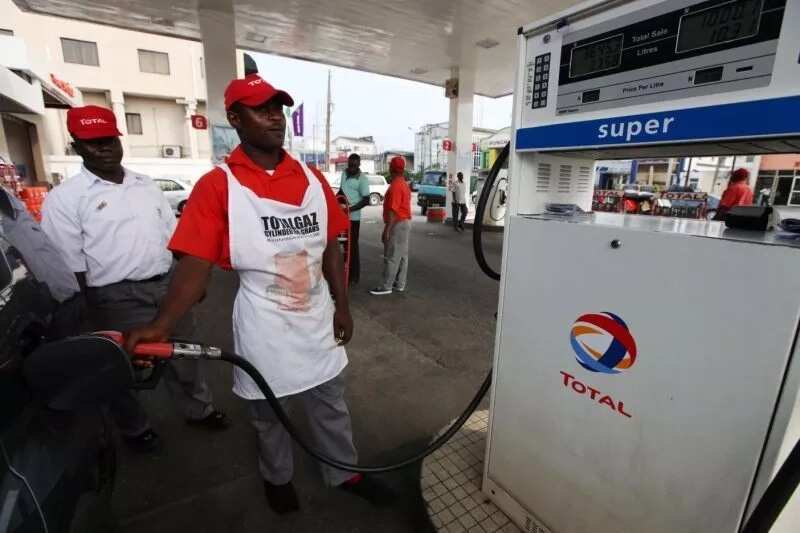
In a somber address marking the end of 2023, President Paul Biya of Cameroon confirmed an impending rise in petroleum product prices, a move driven by the unsustainable cost of fuel subsidies burdening the national budget.
“Despite cutting the subsidy bill by nearly 40% in 2023, it remains a heavy weight on our public finances,” the President acknowledged. The cost dropped from over 1 trillion CFA francs in 2022 to around 640 billion in 2023, yet the pressure persists.
This persistent strain echoes the concerns of the International Monetary Fund (IMF), which has repeatedly urged Cameroon to reduce fuel subsidies. At 2.9% of GDP in 2022, they are deemed unsustainable in the long run.
However, the President emphasized that the government understands the potential hardship faced by citizens. “We are acutely aware of the impact these price hikes may have on the purchasing power of Cameroonian households,” he stated.
To mitigate this impact, the government has pledged measures to cushion the blow. While specifics remain unclear, President Biya assured the nation that balancing fiscal stability with the economic well-being of citizens remains a top priority.
The price hike announcement comes amidst a tumultuous 2023 for Cameroon. The ongoing separatist conflict in the anglophone regions, coupled with global economic turmoil, has added further pressure to the government’s coffers.
The success of the planned measures, and their ability to soften the blow of rising fuel costs, will be closely watched in the coming months. With citizens already grappling with economic hardship, navigating this delicate balance will be a key challenge for the Biya administration in 2024.
